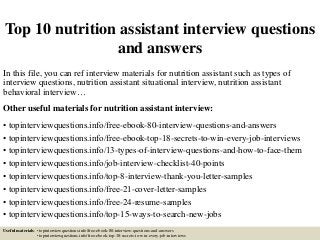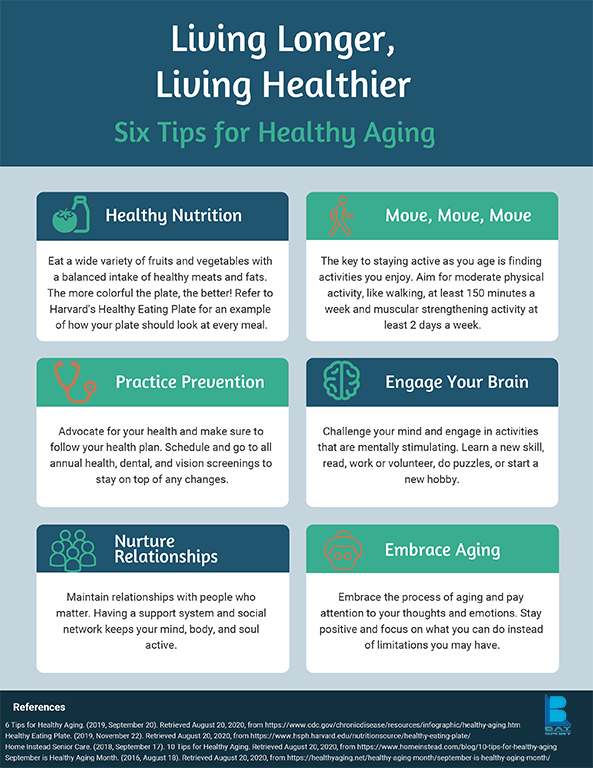
You may have received specific recommendations from your doctor about the foods to avoid. There are still some things you can take to avoid high blood pressure. First, avoid fatty foods and processed foods. A list of all your medications should be kept on hand. You will be able to remember to take them. You should always have a list with all of your medicines on hand so you are able to quickly refer to it.
Dr. Desai encourages people with high blood-pressure to get as much exercise and as many as possible. Some of the best options include walking, running, swimming, using an elliptical machine, or playing tennis. Salt is one of your biggest enemies when it comes to high blood pressure. Salt increases blood volume, and can cause arterial pressure to rise. Salty foods should be avoided.

You should also eat a healthy meal. Healthy eating habits include eating lots of fruits and vegetables that are low in saturated fat, high in fiber, and high in vitamins and minerals. To lower blood pressure, you can also take vitamins and minerals as well as whey protein. Reduce your intake sugary beverages and alcohol. By avoiding these foods, you'll be able to lower your risks of high blood pressure.
Third, it is important to reduce the amount salt and saturated fat in your diet. Most processed foods are high in sodium and sugar, so it's important to limit your salt intake. Instead, eat a diet rich in vegetables and fruits. This will help reduce your overall blood pressure. You can also limit the amount of alcohol you consume. High blood pressure patients should avoid alcohol. This is especially important for people over 60 years of age who have been drinking regularly for many years.
As long as you're following the above tips, you'll be on the right track towards a healthier heart. These tips can help you keep your blood pressure healthy and make you feel happier. These tips can be a great help for you and your doctor. You'll soon be able to live a healthier life by learning how to manage your blood pressure. You'll find the perfect balance and be able enjoy your life to the fullest.

You must also limit your alcohol consumption. A standard beverage contains 14 grams of alcohol, so drinking in moderation is the key to lowering your risk of high blood pressure. Avoid salty foods with too much sodium. Low-sodium diets are a great way of maintaining normal blood pressure. You should also reduce the salt content of your daily meals.
FAQ
Do I need to count calories
You might wonder, "What's the best diet for me?" or "is counting calories necessary?" Well, the answer depends on several factors including your current health status, your personal goals, your preferences, and your overall lifestyle.
The Best Diet For Me - Which One Is Right For You?
The best diet for me depends on my current health status, my personal goals, my preferences, and my overall lifestyle. There are many diets out there, some good and some bad. Some work well for certain people while others don't. What can I do to make the right choice? How do I make a good decision?
These are the main questions addressed by this article. It begins with an overview of the different diets today. Next, we'll discuss the pros and cons for each type of diet. Finally, we'll look into how to choose the best one for you.
Let's begin by briefly reviewing the different types and diets.
Diet Types
There are three main types: low-fat, high-protein, or ketogenic. Let's look at each one briefly.
Low Fat Diets
A low fat diet means a diet that reduces the intake of fats. This is accomplished by decreasing the intake of saturated fats such as butter and cream cheese. They are replaced by unsaturated fats such as avocados, olive oil, and cream cheese. A low fat diet is often recommended for those who want to lose weight quickly and easily. This diet can cause problems such constipation as heartburn, indigestion, and even stomach pain. In addition, it may lead to vitamin deficiencies if a person doesn't get enough vitamins from their food.
High Protein Diets
High protein diets are known to restrict carbohydrate intake and promote the consumption of proteins. These diets are more protein-rich than others. These diets can help increase muscle mass and decrease calories. Unfortunately, they can't provide adequate nutrition for those who eat regularly. They may also be too restrictive and not suitable for everyone.
Ketogenic Diets
Ketogenic diets can also be known as keto diets. They are high in fat, moderately high in protein and low in carbohydrates. These are often used by bodybuilders and athletes because they allow them the ability to train harder and for longer periods of time without feeling tired. However, they must be used with caution to avoid nausea, headaches and fatigue.
How to measure body fat?
The best way to measure body fat is with a Body Fat Analyzer. These devices measure the body fat percentage in people who wish to lose weight.
What is the healthiest lifestyle to life?
You can live a healthier lifestyle if you eat healthy food and exercise regularly. If you follow these guidelines, you will be able to lead a long and healthy life.
It's easy to start small with your exercise and diet. You can lose weight by walking 30 minutes each day if you are looking to lose weight. Swimming or dancing are great options if your goal is to become more active. An online fitness program such as Strava or Fitbit that tracks your activity could be a good option.
What should I be eating?
You should eat lots of vegetables and fruits. These vegetables and fruits are rich in vitamins and minerals that will keep your immune system strong. Also, fruits and vegetables are rich in fiber. This makes them filling as well as helping with digestion. You should eat at least five servings per day of fruit or veg.
You should also drink lots of water. Water flushes toxins out of the body and helps to feel full between meals. Drink about eight glasses each day.
Refined grains should be replaced with whole grains. Whole grains retain all nutrients including B vitamins, iron and zinc as well as calcium, magnesium, calcium, protein, and magnesium. Refined grains have been stripped of some of their nutrition.
Avoid sugary beverages. Sugary drinks are full of empty calories and lead to obesity. Instead, you can opt for water or milk, as well as unsweetened herbal teas.
Avoid fast food. Fast food has very low nutritional value. Although it may taste delicious, fast food won't provide you with the energy you need for your daily activities. Instead, stick to healthier options such salads and soups as well sandwiches and pasta.
Limit your alcohol consumption. Avoid alcohol as it can cause empty calories and poor nutrition. Limit your intake to two alcoholic drinks per week.
Reduce your consumption of red meat. Red meats are high in saturated fat and cholesterol. Choose lean cuts such as beef, pork and lamb, chicken, fish, or turkey.
Statistics
- WHO recommends reducing saturated fats to less than 10% of total energy intake; reducing trans-fats to less than 1% of total energy intake; and replacing both saturated fats and trans-fats to unsaturated fats. (who.int)
- nutrients.[17]X Research sourceWhole grains to try include: 100% whole wheat pasta and bread, brown rice, whole grain oats, farro, millet, quinoa, and barley. (wikihow.com)
- This article received 11 testimonials and 86% of readers who voted found it helpful, earning it our reader-approved status. (wikihow.com)
- In both adults and children, the intake of free sugars should be reduced to less than 10% of total energy intake. (who.int)
External Links
How To
How to keep motivated to eat healthy and exercise
Healthy living: Motivational tips
Motivational Tips for Staying Healthy
-
List your goals
-
Set realistic goals
-
Be consistent
-
Reward yourself for reaching your goal
-
Do not give up even if you fail your first attempt.
-
Have fun!